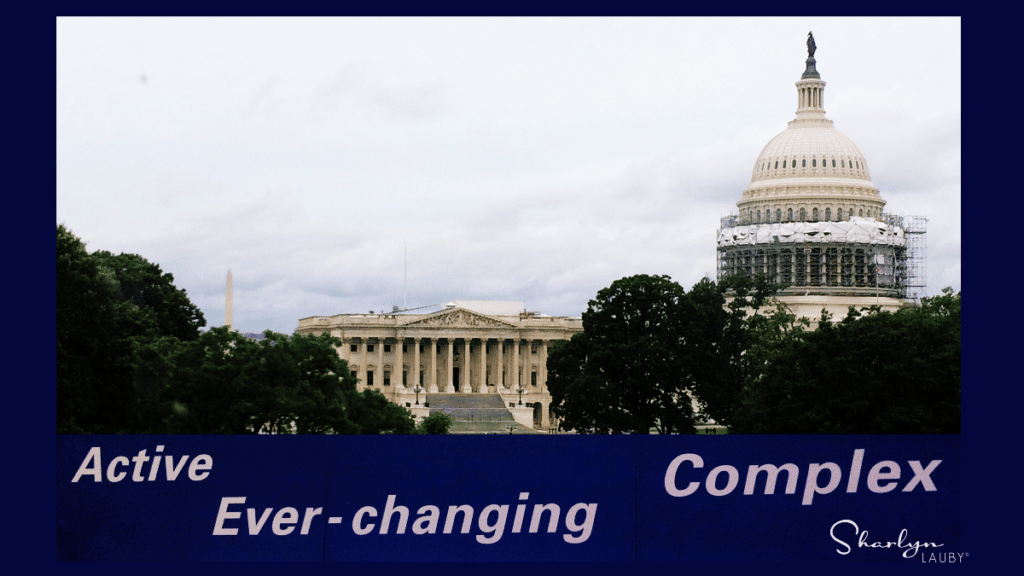Company Political Views Can Impact Recruitment Results
Estimated reading time: 3 minutes
I saw a recruitment statistic in Harvard Business Review saying that nearly one-third of U.S. job seekers decided not to apply for a job based on the organization’s political affiliation or stance they took on a specific issue. Honestly, it’s not surprising. Employees want to know that they’re working at an organization they can be proud of. Part of that “pride” comes when organizations stand up for causes that employees believe in.
A couple of months ago, HR Brew had a similar article indicating that nearly half of employees surveyed felt their organization should speak out on environmental, social, and political issues. The survey was conducted after the U.S. Supreme Court overturned the Roe v. Wade decision. Only 15% of survey participants felt their employers should speak out less. The article went on to say that part of the reason organizations weren’t being more vocal is because they were just plain tired.
It made me wonder if some organizations are experiencing a level of burnout that’s preventing them from taking on these issues. I’m not dismissing individual burnout. We know it exists and needs to be addressed. Of course, if we have a lot of burnt-out individuals, could that lead to organizational burnout? I’m defining organizational burnout here as this situation where the company can’t effectively deal with matters of importance. Maybe it’s a form of organizational dysfunction?
I’m tossing this conversation out there because organizations need to think about their reluctance to address social issues and their recruiting strategies. If they’re too tired, burned out, etc. to address issues that are important to employees, well…those employees might think about leaving. And if they do address issues with some sort of half-baked reply, that can have the same result. Candidates and employees might feel the organization isn’t taking social matters seriously and say to themselves, “If the company doesn’t take this seriously, what else don’t they take seriously?”.
I understand that some organizations are slowing down their recruiting and hiring right now. But that won’t always be the situation. Other organizations might say, “We’re going to stay out of politics.” and deal with the consequences. And that is an option.
Another option is for the leadership team to have a conversation about what issues they want to support, what they don’t want to support, and most importantly why. We all know that there are political and social issues that could make good business sense to support (or not support) based on your industry or location. Instead of declaring the company a “politics free zone”, now may be the time to be strategic about it.
Once the organization has a plan, let employees know what the company supports and isn’t prepared to support along with why. Granted, some employees might not agree with the company’s rationale, but my guess is they will appreciate knowing the company’s position. Also, keep in mind, that if employees understand the company’s position, they can articulate it when they’re chatting with a friend about applying with the company.
There have been plenty of comments in the media about how organizations can’t stand on the sidelines anymore. And I agree with that. Instead of letting others drag the company off the sidelines…you do it. On your terms. That means finding time to talk internally about these issues – even when you’re tired. Oh, and while you’re at it…have a discussion about why you’re tired all the time. This topic isn’t going to go away so finding a way to deal with it the way you want is important.
Image captured by Sharlyn Lauby while exploring the streets of Washington, DC
23